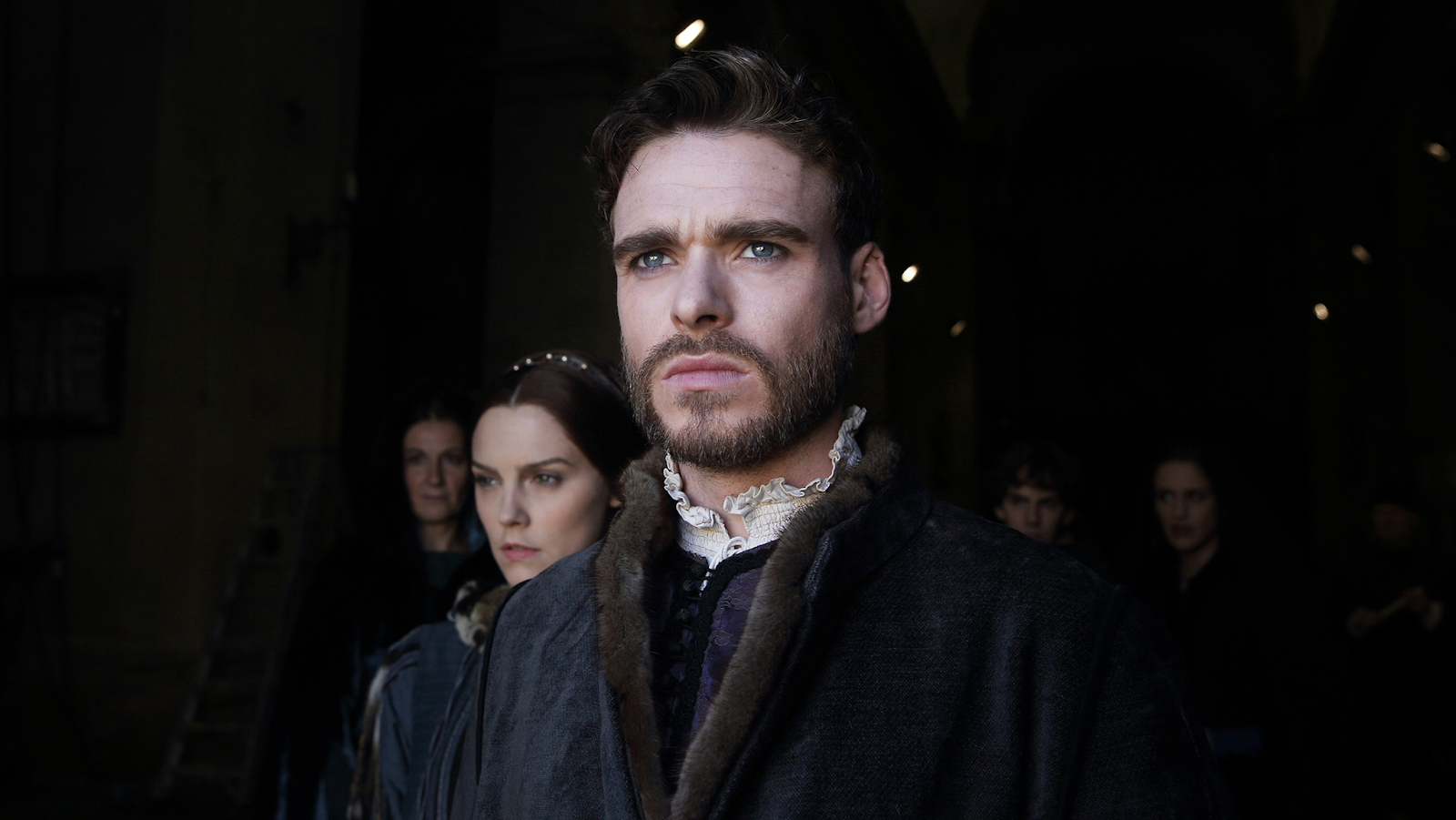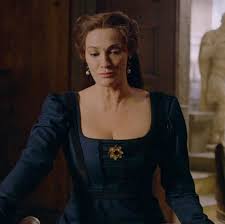


Medici Season 2 Cast Change Series That Ran
In the season finale, the Federation — an altruistic organization that dedicates itself to fairness and cooperation, the occasional alien takeover or changeling panic notwithstanding — decides to commit genocide, but backs down at the last second.That tonal change, while jarring, was understandable: Discovery was the first Trek TV show in over a decade, coming well after the 2005 cancellation of Enterprise, a much-maligned (but actually not bad!) prequel series that ran for four seasons. Its tone was dark and gritty, featuring murder, rape, mutilation, conspiracy, double-crosses, and the franchise’s first-ever nude sex scene. Set in the time just before 1967’s original Trek series, it tracked the United Federation of Planets’ much-discussed-but-never-seen war with the Klingons, which almost wiped out humanity. To be able to create something that posits that our best selves will emerge in the future is really gratifying.”That isn’t how some critics would describe Discovery’s first season, which boldly reimagined Trek as a streaming drama call it Ozark in space. “And that vision is more essential now than it’s ever been.
“And I think of that darkness as a way to get to the light.”Dark or no, Discovery’s first season did take big creative swings: For the first time, Star Trek’s ostensible protagonist wasn’t a captain, but a first officer — Martin-Green’s Michael — who is demoted after accidentally murdering someone, starting a war, and mutinying against her captain, all within the first episode. “It’s absolutely lighter than season one, but that’s because the nature of season one was all about war and the urgency of it,” he said. It was a delicate balance.”While critics would argue it didn’t quite strike that balance in season one, Kurtzman believes his focus on Trekkie optimism will push the show in a different direction this year. We had to keep the spirit of Trek alive by painting a picture of the future, yet still fit within a previous timeline. “We had to be raw yet still hopeful.
From Star Trek: The Next Generation in 1987 all the way through to Enterprise’s cancellation in 2005, Klingons were depicted as a kind of alien Vikings — jovial warriors with huge flowing heads of hair, pointed teeth, and brow ridges — but Discovery changed their appearance in several major ways. Crew diversity, feminism),” as fan Caol Mac Grainne Mhaol explained, responding on Facebook to a call for reasons fans dislike the show (though, he hastened to add, he didn’t feel that way himself).But one of the show’s most divisive changes turned out to be much more superficial: the look of the Klingons. All of this, of course, raised hackles in misogynistic and homophobic corners of the internet, eliciting complaints that the show had “a contrived emphasis on social justice (i.e.
Bob ☢️ppaheimer May 17, 2017Team #NotMyKlingon can now breathe a sigh of relief: In season two, the hair is back, something Discovery has claimed it planned to do all along. “I mean, people do get caught up in that.”I SINCERELY DON'T understand why felt the need to change such iconic characters #notmyklingon #StarTrekDiscovery— Bilal M September 25, 2017OH GOD WHY CBS #notmyklingon #startrekdiscovery pic.twitter.com/MWROs6C2MB— J. It also, most controversially, made the Klingons bald.“We did have #NotMyKlingon,” said Mary Chieffo, who played the Klingon L’Rell, of fan criticism.
Abrams–directed reboot films, of which Kurtzman wrote two), its focus was often on moving its characters from one huge setpiece to another, leaving less time to focus on character-building that didn’t advance its season-spanning plot arch. Like an action movie (or the J.J. “When you’re doing Trek and trying to keep track of the points that are meaningful and significant to people, some things are going to fall through the cracks I suppose we should have just explained it earlier.”Explaining things wasn’t a strong suit in season one.
There’s much more room for reflection, growth, and even joy as we take a hard look at who we are now after all that’s happened.”But despite that shift, Kurtzman doesn’t want to completely reinvent Discovery. I think you’ll see in season two we have a lot more of that.”Martin-Green agrees: “Now that Starfleet is at peace, our story slows down and takes a breath, akin to a sigh of relief. “The trick with Discovery,” he said, “is that you want to move fast and entertain while not compromising on what I believe people love in some ways most about Star Trek, which is the very quiet, intimate scenes.



 0 kommentar(er)
0 kommentar(er)
